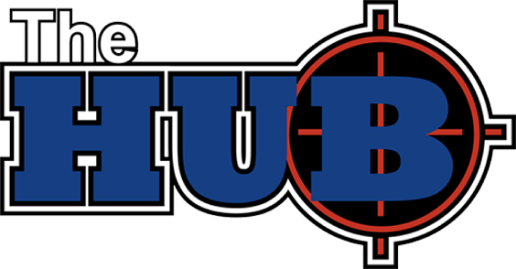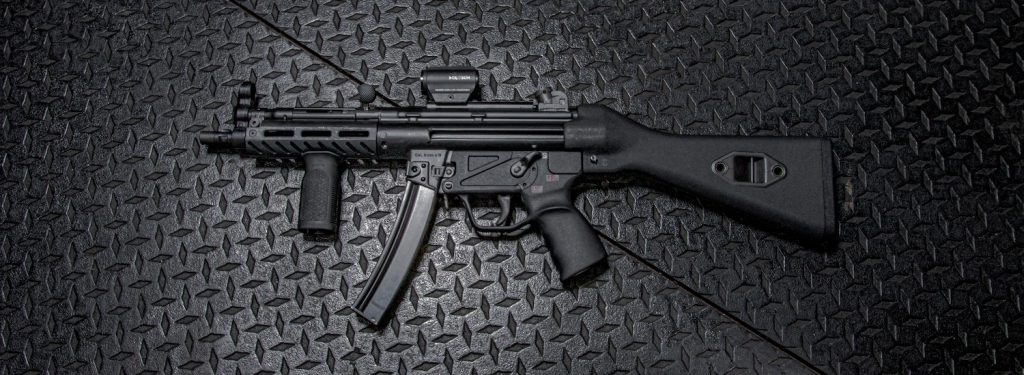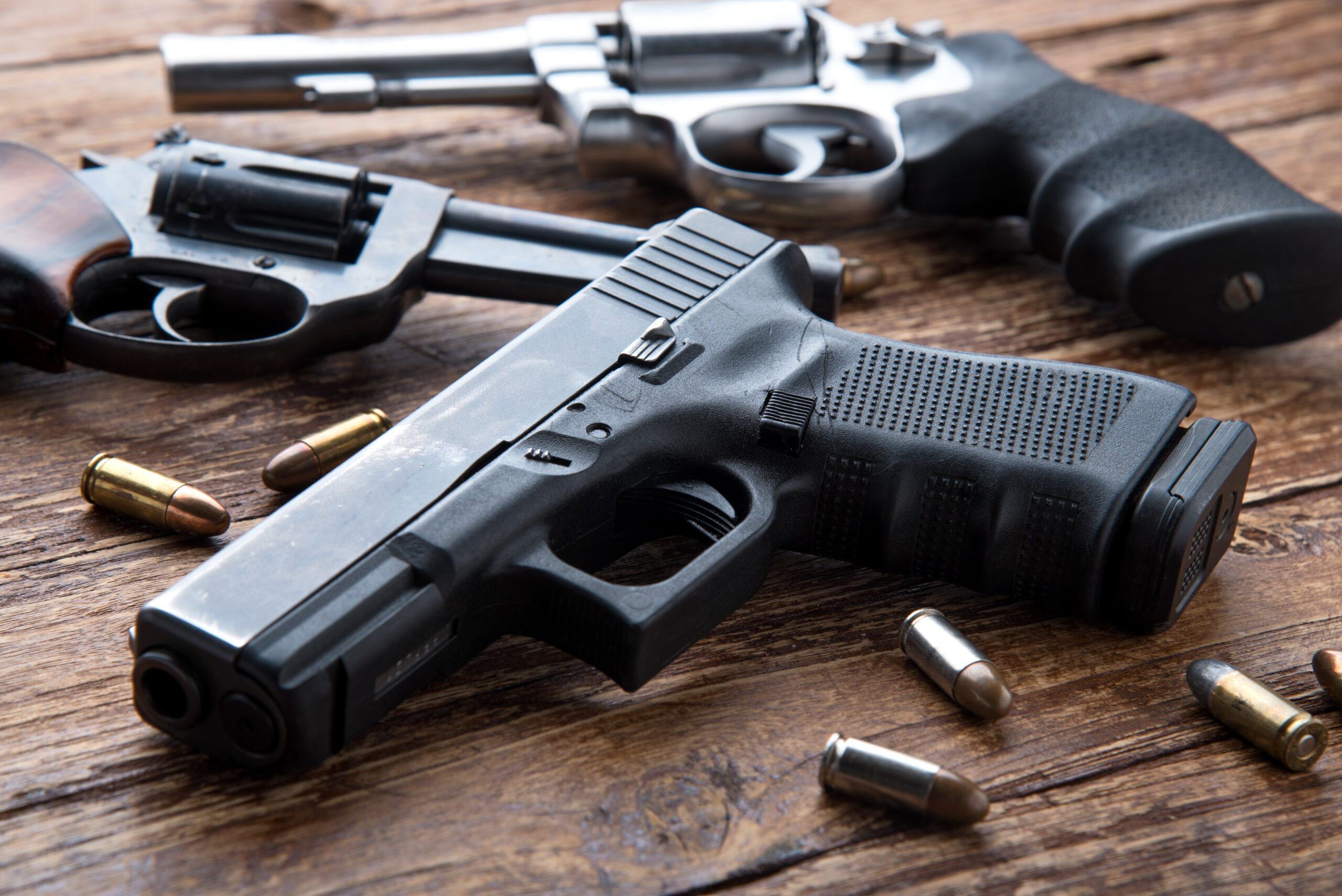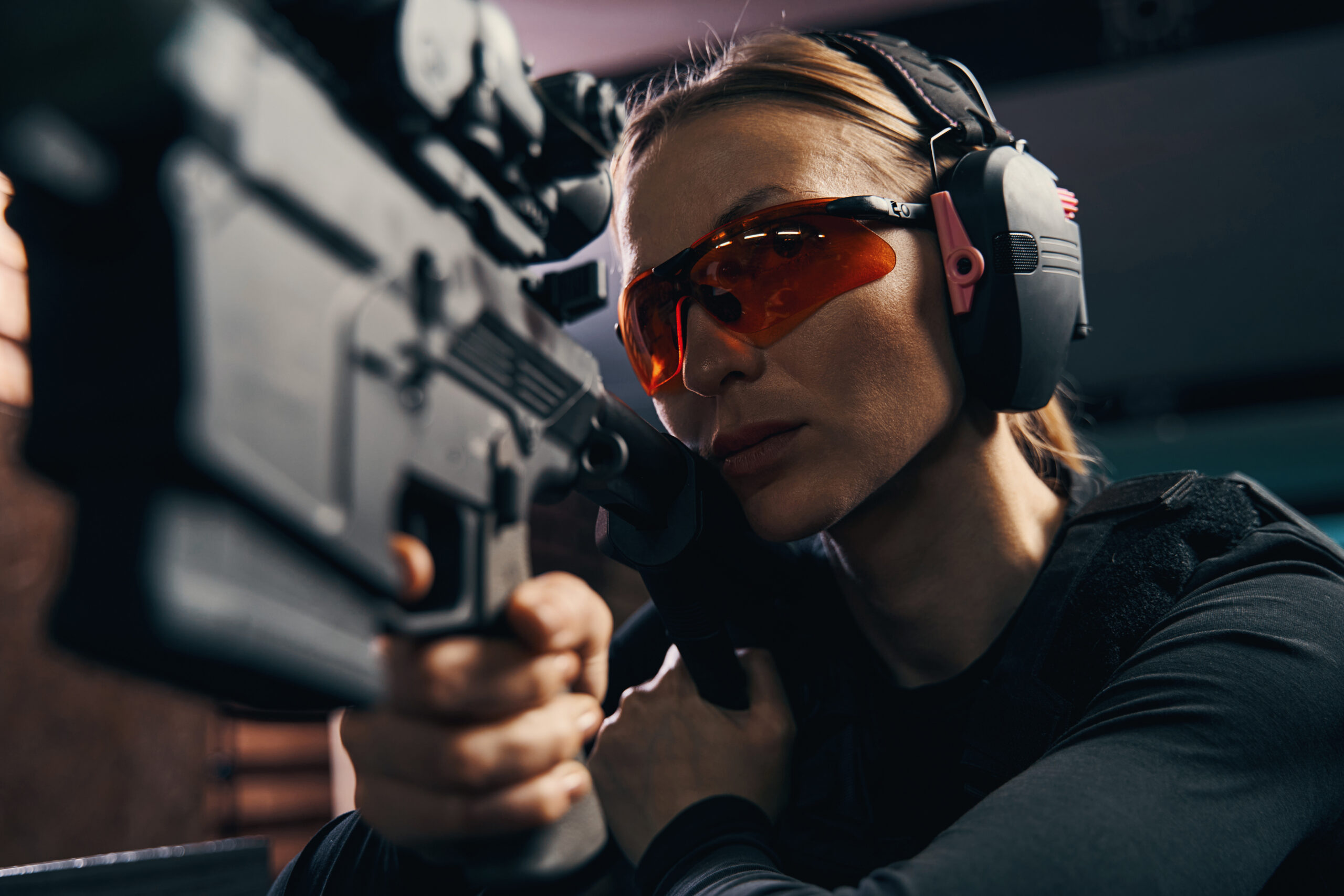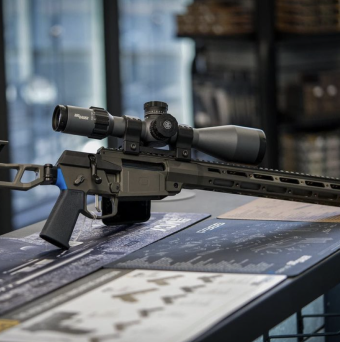The National Firearms Act (NFA) was enacted in 1934. This was the first piece of federal gun control legislation in the United States. During this time the nation was in the middle of the Great Depression. Newspapers figured out that readers were weary of stories about the economy and wanted a distraction. There was a rise in stories about gangsters, bank robbers, and bootleggers. This popularized individuals like Bonnie and Clyde and John Dillinger.
Journalists shared these stories and the rise of images, both still and moving, gave the public with the diversion they were looking for. However, the economic hardships and incidents like the St. Valentine’s Day Massacre, strings of bank robberies, and police shootouts also fueled public outrage against uncontrolled gun ownership. This prompted the federal government to change gun laws.
What is the NFA?
To satisfy public outcry towards violent offenses and to reassure the general public, Congress passed the NFA. This legislation put a $200 excise tax on certain types of firearms and firearm accessories. It also required registration and other paperwork. In 1934, this excise tax was outrageous, and very few average citizens could afford it. While the act did not outright ban gun ownership, it did apply stringent rules to owning certain classes of weapons as well as regulating and taxing manufacturers and importers. These classes are machine guns, short-barreled rifles, short-barreled shotguns, silencers/suppressors, destructive devices, and a broad category for “any other weapon.”
Machine Guns
The Bureau of Alcohol, Tobacco, and Firearms (ATF) defines machine guns as firearms that fire more than one round per pull of the trigger. This definition includes burst fire weapons and any device that can convert a semi-automatic gun to fully-automatic. Some semi-automatic open-bolt weapons are also regulated under this rule if they were produced after 1982.
Short-Barreled Rifles
This part of the legislation regulates rifles that have barrels shorter than 16 inches. A rifle must fire a projectile through a rifled barrel and also use stock. This legislation does not mention any other configuration besides barrel length and stock, so it is possible to own rifle-caliber pistols.
Short-Barreled Shotguns
Instead of having a rifled barrel, shotguns have a smooth bore, a stock, and a fire shot. In the United States, shotguns must have a barrel at least 18 inches in length. Anything less is a short-barreled shotgun. Some shotguns are also destructive devices. Examples include the Street Sweeper and SPAS-12.
Silencers
Silencers, also called suppressors, are treated as NFA-controlled firearms even though they are not actual guns. This definition includes any device that reduces the explosive noise of a gun and can be readily attached to it.
Destructive Devices
Destructive devices (DDs) are a broad category that includes any weapon with a bore over .50 inches unless it has a generally recognized sporting purpose. DDs also include explosives, mortars, missiles, poison gases, grenade launchers, and other destructive elements. If a shotgun has no sporting purpose, then it can be a DD.
Any Other Weapon
Any other weapon is another large category of all sorts of interesting weaponry. This includes 12-gauge firearms with a length of less than 26 inches, cane guns, some pen guns and disguised firearms, and guns with forward grips.
How does the NFA apply to you?
The NFA still impacts gun owners today. The $200 tax stamp and transfer taxes still apply as do the burdensome paperwork and regulations. This law was also modified in 1986 under the Hughes Amendment of the Firearm Owners Protection Act. This amendment made it so no more machine guns could be added to the registry. It is very important that before you purchase an NFA-controlled item, you know your state’s laws. Some states regulate or outright prohibit NFA items.
The NFA and The Hub
Let The Hub help you with what you need to know about the NFA. Our experienced staff specializes in NFA-controlled items. We carry a wide variety of guns, parts, and accessories that range from affordable guns for first-time owners to high-end, hard-to-find items for seasoned enthusiasts.
